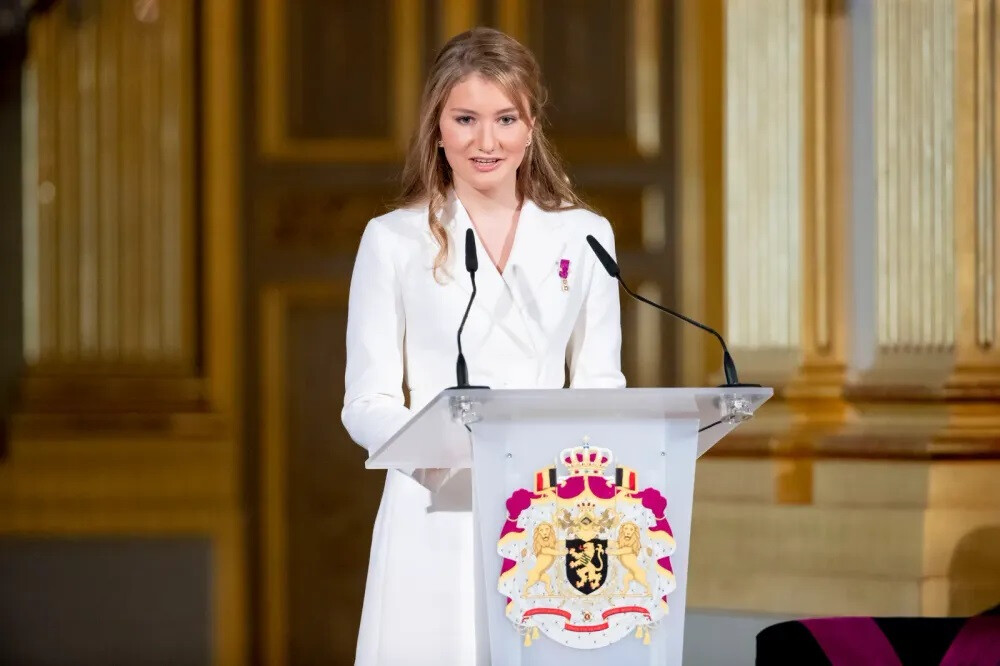
WASHINGTON D.C. – Belgium's Princess Elisabeth, a direct heir to the throne and a student at Harvard University, could be forced to leave the prestigious institution due to an extraordinary measure taken by the Trump administration. This unexpected development, first reported by outlets like Politico and The Guardian, has cast a shadow over the academic future of thousands of international students enrolled at the renowned American university.
Princess Elisabeth, 23, the eldest daughter of King Philippe of Belgium and next in line to the Belgian throne, is currently pursuing a two-year Master in Public Policy at Harvard's John F. Kennedy School of Government. Having completed her undergraduate studies at Oxford University in the United Kingdom, she enrolled at Harvard and has already finished her first year of the master's program.
The sudden uncertainty stems from the Trump administration's decision to revoke Harvard University's certification for admitting foreign students. This unprecedented move by the Department of Homeland Security (DHS) cited Harvard's alleged non-compliance with regulations, specifically its refusal to accept demands for changes in educational policy aimed at combating antisemitism. As a result, the Student and Exchange Visitor Program (SEVP) certification, essential for universities to enroll international students on F-1 (student) and J-1 (exchange visitor) visas, was withdrawn.
The Belgian Royal Palace has acknowledged the situation, with a spokesperson stating, "It is currently uncertain what impact the decision by the American administration will have. We are investigating the current situation." This statement underscores the widespread confusion and concern among international students and their families globally.
Harvard University swiftly responded to the DHS's decision by filing a lawsuit to halt the enforcement of the measure. In a significant turn of events, a court on May 23, just one day after the initial announcement, granted Harvard's request for a temporary injunction, effectively suspending the order's immediate effect. This legal maneuver offers a brief reprieve for the more than 7,000 Harvard affiliates, including students and their families, who hold F-1 and J-1 visas and would have been directly impacted by the revocation.
The legal battle highlights a broader tension between the U.S. government and academic institutions regarding policies on free speech, campus safety, and international engagement. While the immediate threat to Princess Elisabeth's education and that of her international peers has been temporarily averted, the underlying issue remains unresolved. The outcome of Harvard's lawsuit and any further actions by the Trump administration will be closely watched by universities and international students worldwide, as it could set a precedent for the future of international education in the United States.
The implications extend beyond individual students, touching upon the U.S.'s standing as a global leader in higher education and its commitment to academic freedom and diversity. The incident has prompted discussions on the vulnerability of international students to political shifts and the potential impact on academic exchange and research collaboration. As the legal proceedings unfold, the international community remains hopeful for a resolution that upholds the principles of global academic cooperation.
[Copyright (c) Global Economic Times. All Rights Reserved.]




























